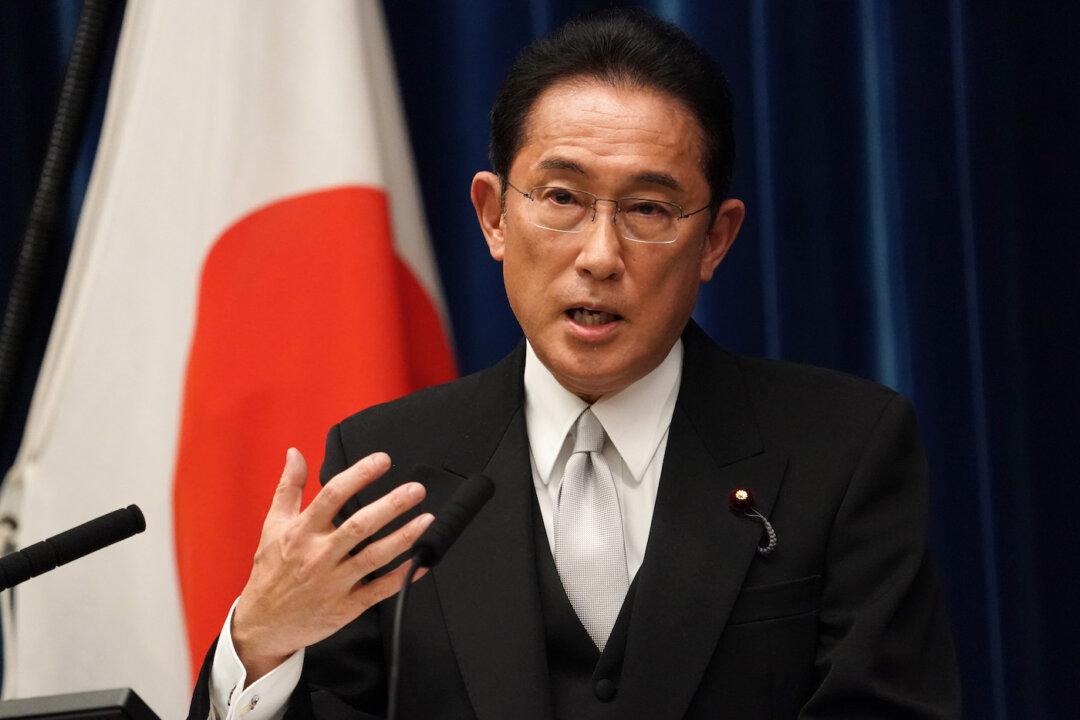Japanese Prime Minister Fumio Kishida has decided to place Okinawa, Yamaguchi, and Hiroshima under a quasi-state of emergency from Sunday until Jan. 31, amid a surge in the country’s coronavirus cases spurred by the Omicron infections in U.S. military bases.
Under the quasi-state of emergency, governors are allowed to impose stringent measures in the specified prefectures, such as shortening business hours and restricting the serving of alcohol in the prefectures.





